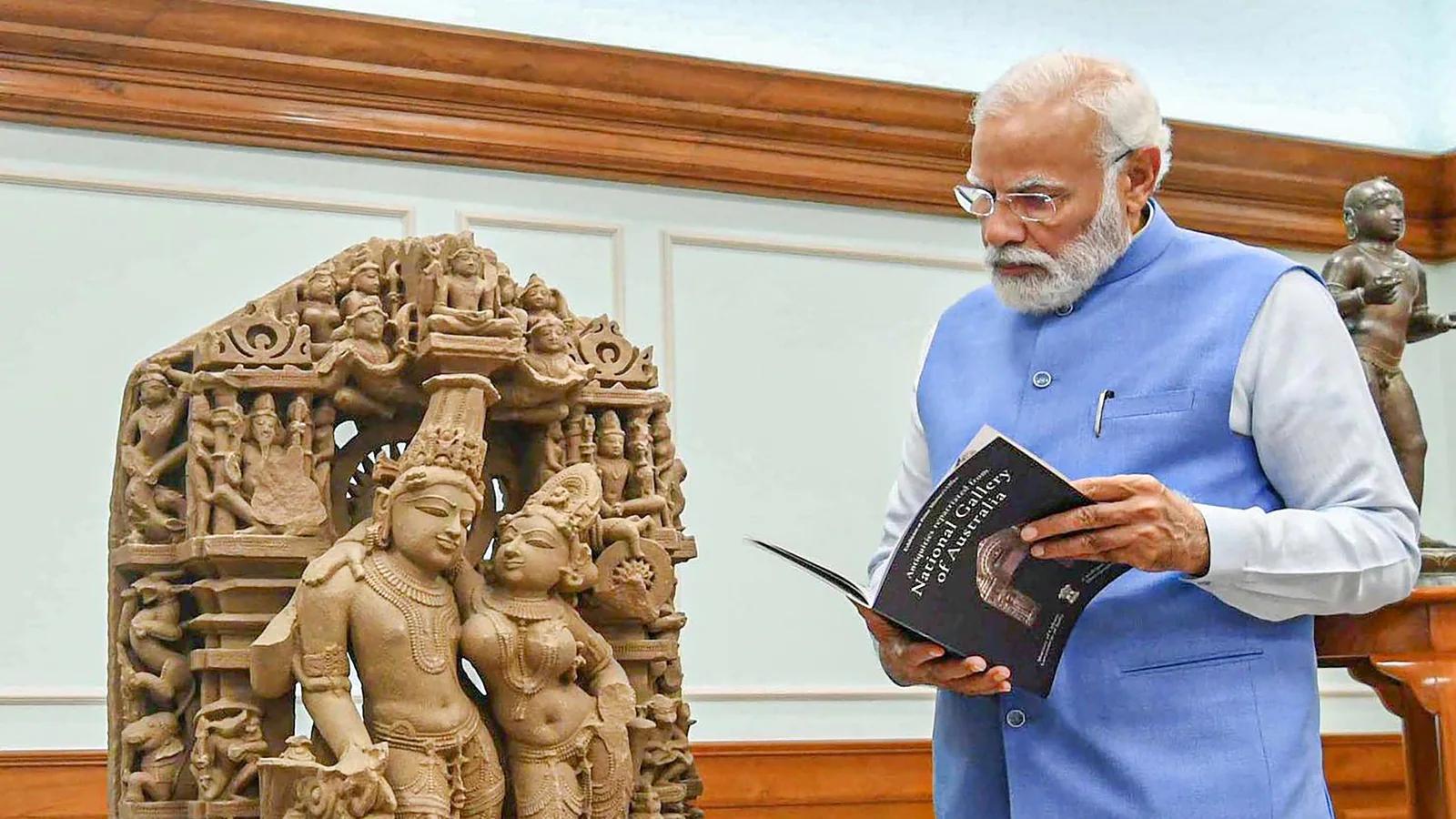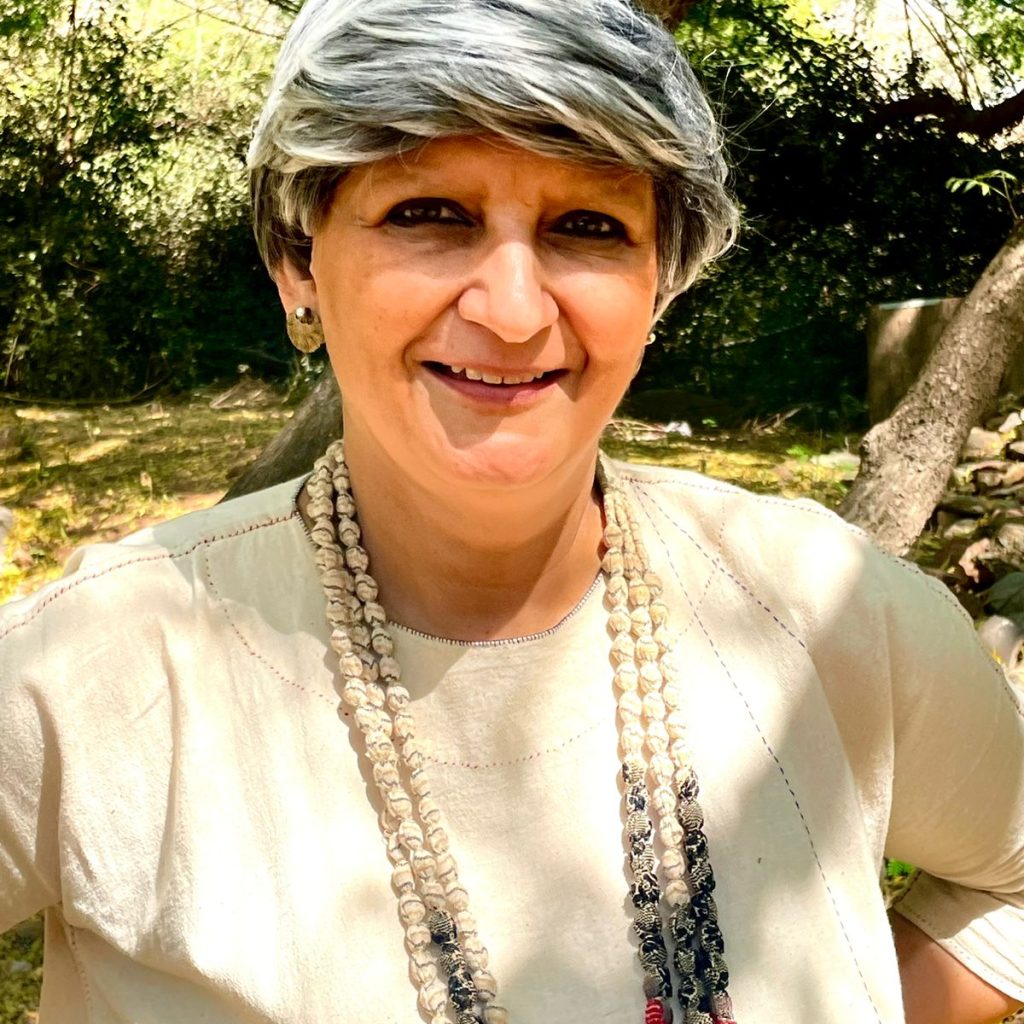Rethinking Repatriation

A workshop unpacking the current discourse around repatriation, and the complex politics that underpin it.
In the five short years since the release of the Sarr-Savoy report, attitudes towards repatriation have undergone a sea change. Where it once seemed that returns demanded by former colonies would always remain unfulfilled, the obligation to return is now widely accepted in unofficial and official circles in a number of European nations. Repatriations that seemed impossible now look imminent.
In a related move, the epistemic objections first raised by indigenous groups – the refusal to be objects of study, to have human remains turned into scientific specimens or have sacred objects museumized – is now a moral position adopted by or extended to minorities of many kinds.
In this workshop, I would like to query the emerging commonsense around repatriation by suggesting that the new positions we are moving toward are not always unquestionably moral. Using an old paper of mine on the meaning of repatriation in relation to Tibet, I would like to remind us that the natural “homes” of objects are not always the most hospitable spaces for them to be.
Secondly, I would like to discuss the implications of our epistemic refusals by highlighting current successful campaigns to have stolen objects returned to India. Here, the returned objects are spoken of as “gods” who are “coming home;” repatriation is completed when the physical transfer of an artefact from a museum to a community takes place alongside its "return" to its "original" meaning. But what does this “return” to “original context” look like when it is performed in service of not beleaguered minorities but powerful majorities who are bent on creating a majoritarian state?
People

Kavita Singh
Kavita Singh is an art historian based in New Delhi, who works on the history of Indian painting, and the history and politics of museums. Formerly Professor and Dean at the School of Arts and Aesthetics, Jawaharlal Nehru University, she has published essays on issues of colonial history, repatriation, secularism and religiosity, fraught national identities, and the memorialization of difficult histories as they relate to museums in South Asia and beyond. She has also published widely on Mughal painting, exploring style as a visual language self-consciously used by artists as a vehicle of meaning. She is the editor and author of numerous acclaimed books, including: No Touching, No Spitting, No Praying: The Museum in South Asia (co-edited with Saloni Mathur, Routledge, 2014), Museums, Heritage, Culture: Into the Conflict Zone (2015), Real Birds in Imagined Gardens: Mughal Painting Between Persia and Europe (2016), Museum Storage and Meaning: Tales from the Crypt (co-edited with Mirjam Brusius, 2017) and Scent Upon a Southern Breeze: The Synaesthetic Arts of the Deccan (2018). Singh was awarded the Infosys Prize for the Humanities in 2018 and was elected to the American Academy of Arts and Sciences in 2020.
